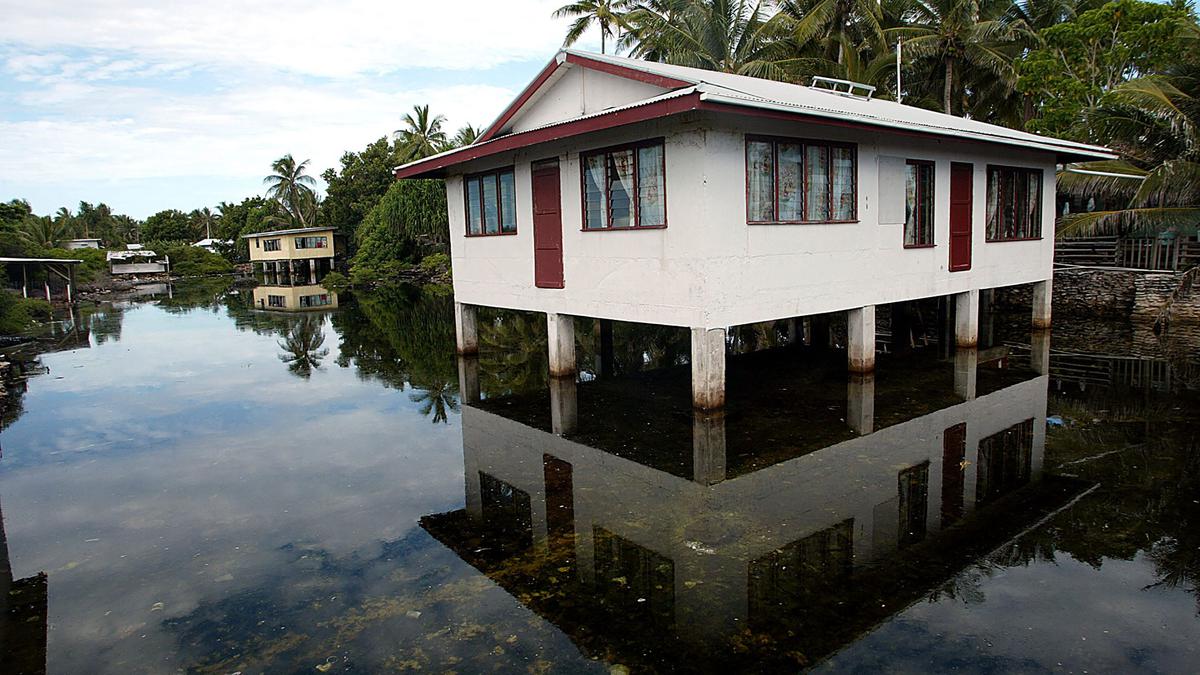Australia and the South Pacific island nation of Tuvalu have embarked on a significant journey towards closer collaboration through the Australia-Tuvalu Falepili Union. This bilateral treaty addresses key areas such as security, migration, and climate change, showcasing the commitment of both nations to mutual support and shared progress.
The bilateral agreement includes a groundbreaking initiative known as “a special mobility pathway,” an Australian commitment to facilitate Tuvaluans’ migration to Australia for work, study, and residency. Recognizing Tuvalu’s vulnerability to climate change, especially rising sea levels, the pact aims to provide a secure and sustainable future for the Tuvaluan population, which stands at just over 11,000 people.
Tuvalu, comprised of nine islands, faces severe threats from climate change, making it imperative for the nations to collaborate on climate-related issues. Australia’s pledge to assist Tuvalu in responding to natural disasters, health pandemics, and military aggression underscores the shared responsibility in confronting the challenges posed by climate change.
Tuvalu’s plea at the COP27 climate change summit in Egypt for a global treaty focused on phasing out fossil fuels aligns with the collaborative spirit of the Australia-Tuvalu Falepili Union. Both countries recognize climate change as an existential security risk and are committed to finding collective solutions on the global stage.
The agreement’s emphasis on migration is particularly noteworthy, reflecting a pragmatic response to the tangible impacts of climate change. Tuvalu’s reclamation project in Funafuti, expanding land by approximately 6%, aims to create space for new housing and essential services, enabling Tuvaluans to remain in their homeland despite sea-level rise.
In a joint statement, Prime Ministers Anthony Albanese of Australia and Kausea Natano of Tuvalu highlighted the significance of the reclamation project, calling on others to support Tuvalu’s long-term adaptation vision. They emphasized the dual approach of creating opportunities for Tuvaluans to live, study, and work elsewhere while ensuring the resilience of their homeland against the impacts of climate change.
The Australia-Tuvalu Falepili Union stands as a testament to the shared commitment of Australia and Tuvalu to face the challenges posed by climate change together. By addressing security, migration, and climate-related concerns, this bilateral agreement exemplifies the collaborative spirit needed on the global stage to secure a sustainable future for vulnerable nations like Tuvalu. As the world grapples with the consequences of climate change, partnerships like these showcase the potential for positive, proactive solutions that benefit all involved parties.
(Source: Anmar Frangoul | CNBC | France 24 | News Wires)









